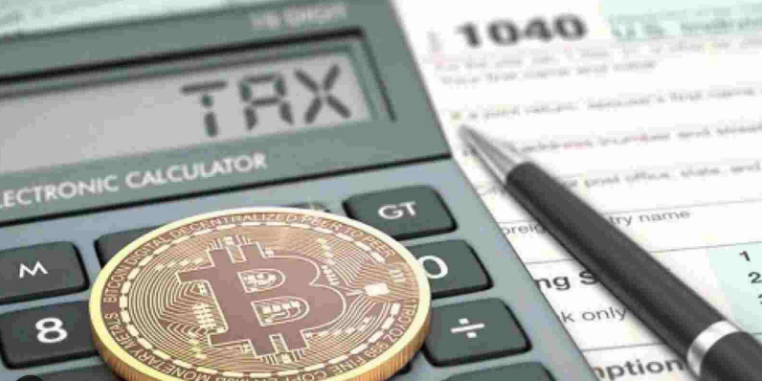Benjamin Franklin, a well-known American statesman, said: “Nothing is certain in this world except death and taxes.” It’s a remark that might now hold true to crypto, as Denmark plans to impose a new taxation policy that targets the unrealized capital gains of cryptocurrencies like Bitcoin.
Denmark: Tax Reform For Crypto Assets
The Danish government is about to make a bold move of initiating a pioneering tax reform covering digital assets like Bitcoin.
It is considered as an unprecedented step as the cryptocurrency space has been subject of government regulations in many countries and the ongoing debate on implementing more government regulations and taxation on it.
According to the Danish government, tax authorities will start collecting a 42% tax on cryptocurrencies’ unrealized gains by 2026, on what could be viewed as a forewarning of things that might come for the crypto space.
Under the new tax policy, the Denmark authorities wanted to include Bitcoin and other cryptocurrencies in their existing financial taxation. The unprecedented tax reform will treat cryptocurrencies as investment assets.
Cryptocurrency holders who own digital assets that are not tied to a central bank or backed by a physical asset will have to pay a 42% tax on their unrealized gains.
Imposing Tax On Crypto Assets In The Future
The Denmark Tax Law Council said in a press statement that all cryptocurrencies must be taxed in the future in accordance with the country’s taxation policies.
The tax authorities explained that the government is already imposing tax on some asset-based crypto-assets so it is only fair to also impose taxation rules on Bitcoin and other ‘non-backed crypto-assets’. A rule, according to the tax council, aligned with the taxation policy applied to other types of investments.
BREAKING: Denmark becomes the first country in the world to tax unrealized capital gains on crypto, starting January 1, 2026. The tax on unrealized capital gains is 42%.
This will affect not only crypto acquired from that date but also crypto obtained as far back as the genesis…
— Mads Eberhardt (@MadsEberhardt) October 23, 2024
The tax council of Denmark admitted that taxation on cryptocurrency is both a challenge for government and crypto asset holders because cryptocurrencies are “not centrally regulated” by a central bank or any other government institution.
Danish Tax Minister Rasmus Stoklund said that the tax recommendation submitted by the council is updated so crypto traders will be taxed more appropriately.
“Throughout recent years, there have been examples of Danes who have invested in crypto-assets being heavily taxed,” Stoklund remarked, adding, “the recommendations can be a way to ensure more reasonable taxation of crypto investors’ gains and losses.”

Crypto Taxation Around The World
Crafting a tax framework to cover crypto assets is a global trend. Other countries are also exploring how to impose taxes on digital assets.
In Italy, the government recently announced it is eyeing to implement a 26% to 42% tax on cryptocurrency, a reform that the Italian authorities see as a way to improve its capital gains tax. It is part of the Italian government’s proposition of a comprehensive taxation policy on investment earnings from cryptocurrency.
On the other hand, Germany established a 10-year holding period for tax-free capital gains on digital assets, a more lenient move to encourage long-term investment among crypto users.
All over the world, many countries acknowledge the need for a structured taxation framework for cryptocurrencies.
Featured image from Fedor Selivanov/Alamy Stock Photo, chart from TradingView











